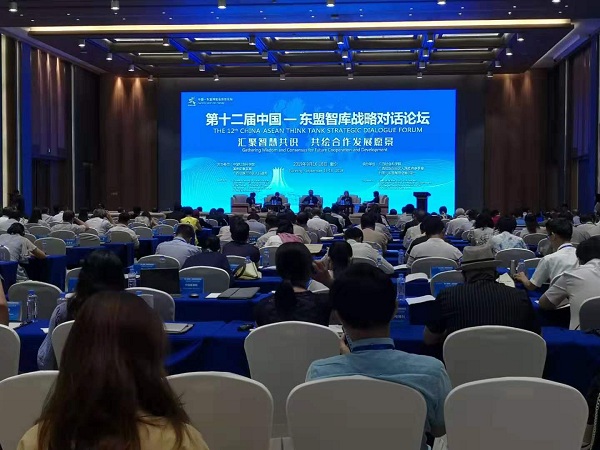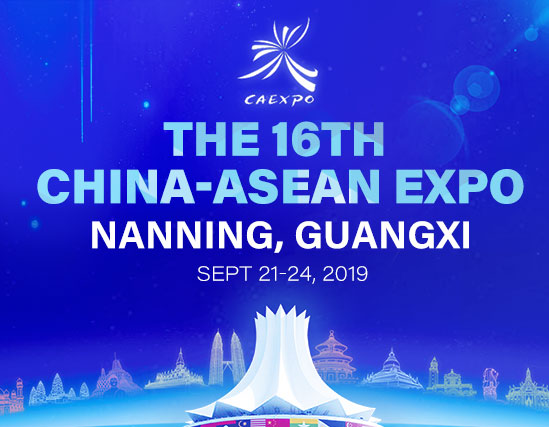Intl think tank exchanges promotes China-ASEAN cooperation
Updated: 2019-09-18

The 12th China-ASEAN Think Tank Strategic Dialogue Forum is held in Nanning, Guangxi Zhuang autonomous region on Sept 17. [Photo provided to chinadaily.com.cn]
The 12th China-ASEAN Think Tank Strategic Dialogue Forum was held by Chinese Academy of Social Science (CASS), the Counselors' Office of the State Council, and the People's Government of Guangxi Zhuang Autonomous Region in Nanning on Sept 17.
Themed around "Gathering Wisdom and Consensus for Future Cooperation and Development," the forum had set up four issues on the construction of the China-ASEAN community with a shared future, the impact of Sino-US trade friction on China-ASEAN industrial cooperation, China-ASEAN sub-regional cooperation, as well as China-ASEAN cross-border tourism cooperation and cultural exchanges.
The forum attracted more than 200 guests, including well-known experts from ASEAN think tanks, representative of the consulate general of the ASEAN countries in Nanning, scholars from domestic think tanks, colleges, universities, and scientific research institutions, as well as government leaders.
Huang Junhua, vice chairman of Guangxi, said at the forum that Guangxi expects to cooperate with ASEAN think tanks in four key areas, including promoting construction of the New International Land-Sea Trade Corridor, strengthening the construction of the China-ASEAN Information Harbor, establishing the financial gateway to ASEAN, and sharing the benefits of the China (Guangxi) Free Trade Zone.
Sum Chhum Bun, vice president of the Royal Academy of Cambodia and director of the Asia Research Center, stressed in his speech that China and ASEAN need to strengthen communication and cooperation in social sciences, as well as contribute to the prosperity and development of the region.
Having been successfully held for 12 sessions, the forum has developed into an important bridge between China and ASEAN, further promoting China-ASEAN cooperation through exchanges between Chinese and foreign international think tanks.



